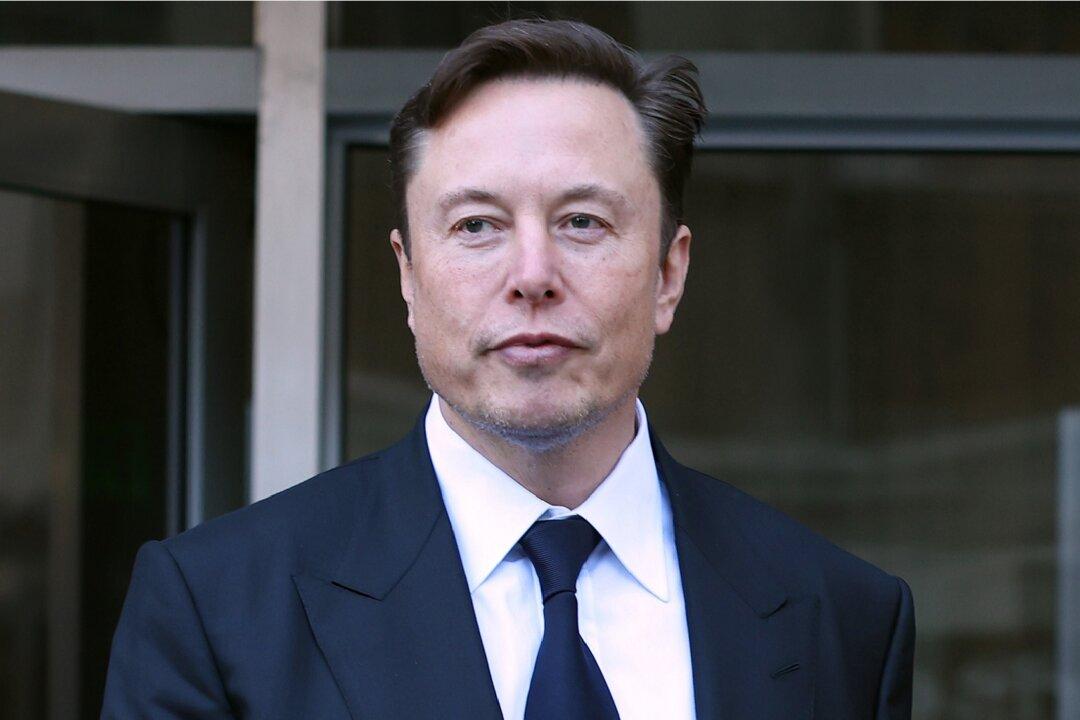Twitter CEO Elon Musk has expressed his shock that investment banking company UBS would get a $100 billion emergency credit line as part of a $2 billion deal to buy rival Credit Suisse.
Taking to Twitter, Musk responded to a tweet linking to an article reporting on the deal between the two financial institutions which was announced on March 19.




